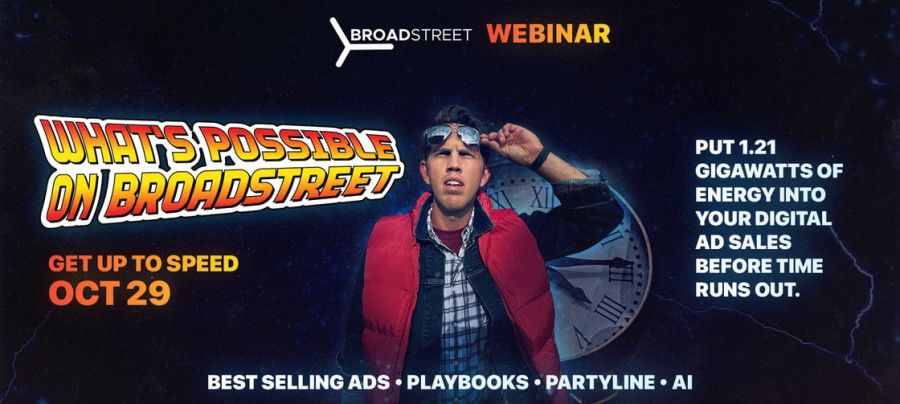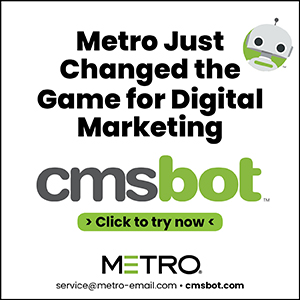‘I don’t know’ can be a great answer
John Foust
May 1, 2024


I remember talking about sales presentations with Edwin, who is the marketing director of a regional advertiser. “I’ve heard all kinds of presentations from media salespeople, and I’ve asked plenty of questions during those conversations,” he said. “One of the best answers I’ve ever heard is, I don’t know. I’m not talking about I don’t know with a nonchalant shrug that says, ‘I don’t know and I don’t care’ or ‘That’s not my job.’ I’m talking about a sincere I don’t know that expresses regret that they honestly don’t know the answer to the question. That kind of response is usually followed by a commitment to find the answer. They’re not trying to fool me with information that might be incorrect, and they’re not trying to gloss over the question in order to move on to another sales point.”
When said with unquestioned sincerity, “I don’t know” sends important messages. Let’s take a closer look.
1. RESPECT
First of all, I don’t know shows respect for everyone involved — the prospect, the prospect’s company, the salesperson’s company and the salesperson.
You might remember the famous song “Respect.” Otis Redding wrote and recorded it in 1965, and Aretha Franklin recorded it two years later. Aretha added these lyrics, which have rocked through the ages: “R-E-S-P-E-C-T. Find out what it means to me. R-E-S-P-E-C-T. Take care of it. TCB.”
TCB means, “Take care of business.” Believe me, there’s no better way to take care of business than to show genuine respect when meeting with prospects and clients.
2. HONESTY
We all appreciate honesty. In fact, it’s safe to say that we require honesty in a relationship, whether it’s in our personal or professional lives. When a salesperson readily admits that they don’t know the answer to every question that could possibly be asked, it establishes a new level of trust between the two people. Along the way, the prospect is more likely to take the salesperson’s words more seriously.
3. OPPORTUNITY
I don’t know is not a sign of weakness. In reality, it represents a wide range of opportunities and puts the salesperson in position to be a hero. They can say, “I don’t know right now, but I’ll find out,” or “I can’t answer your question, but I’ll refer you to someone who can help,” or “I don’t know, but give me a minute to call my manager (or creative department/research department/etc.) and see if there is some special information on that.”
4. CONFIDENCE
It takes inner strength to say I don’t know. “When you express yourself with that kind of honesty and commitment to help,” Edwin said, “it’s an impressive thing. As an advertiser, I want to deal with media representatives who believe in their products and in themselves. And I want to them to have confidence in the people around them.”
The point is simple: There’s nothing wrong with saying I don’t know. It can be open door to better client relationships. © Copyright 2024 by John Foust. All rights reserved.
John Foust has conducted training programs for thousands of newspaper advertising professionals. Many ad departments are using his training videos to save time and get quick results from in-house training. Email for information: john@johnfoust.com










